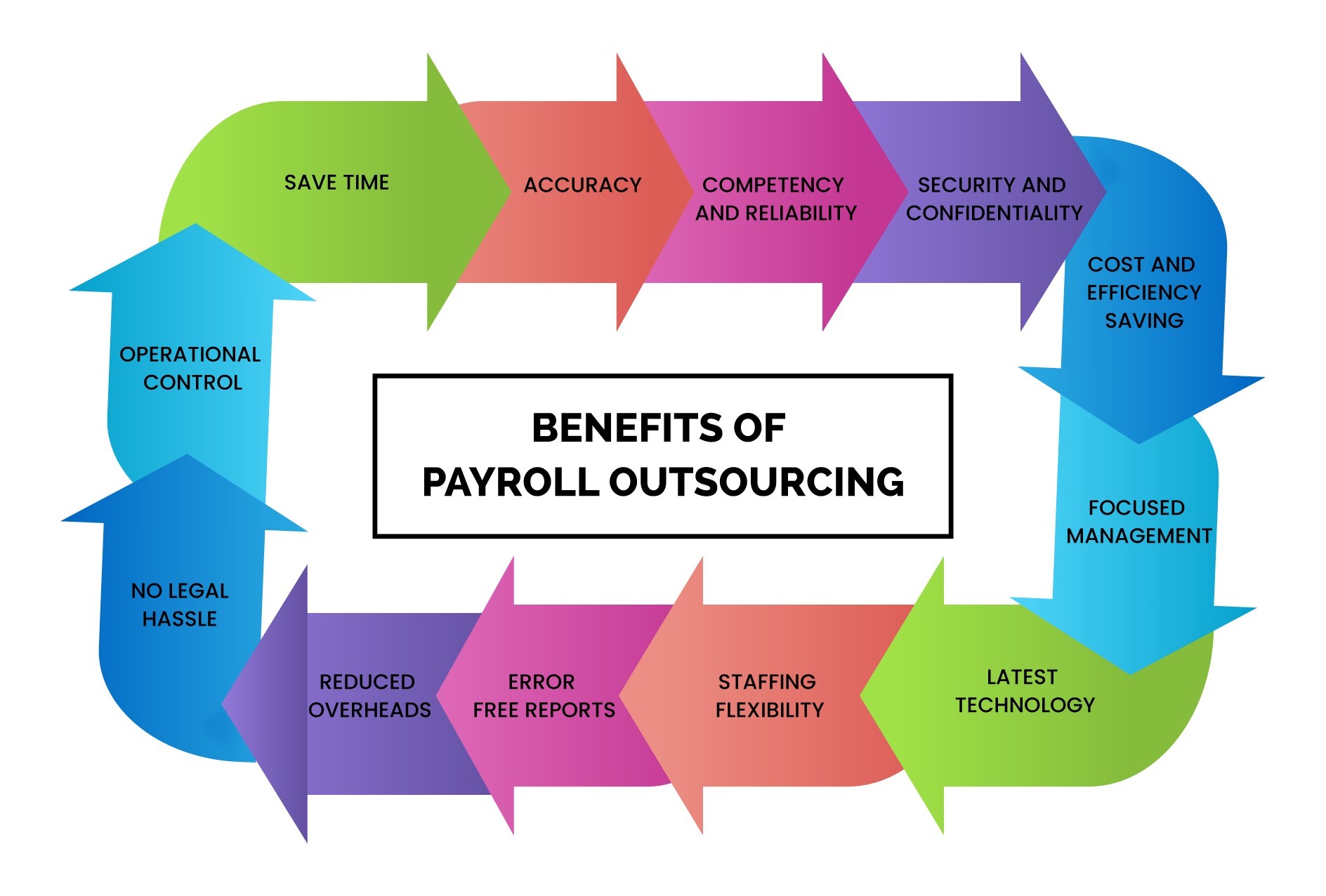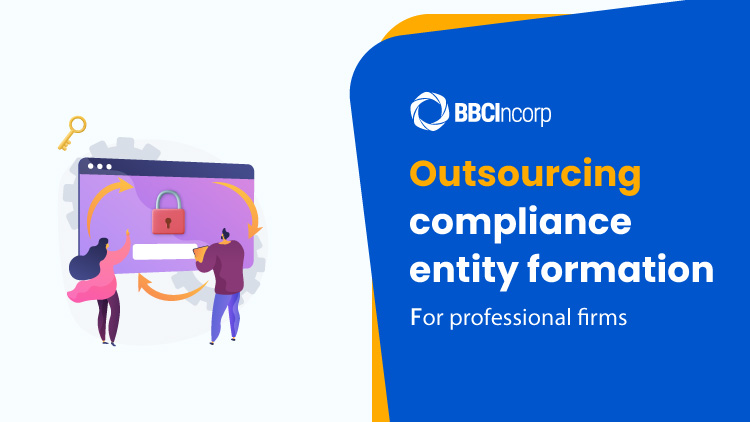
Outsourcing payroll tasks can be a sound organization practice, but ... Know your tax duties as an employer

Many employers outsource some or all their payroll and associated tax responsibilities to third-party payroll provider. Third-party payroll provider can enhance organization operations and assist meet filing deadlines and deposit requirements. Some of the services they offer are:

- Administering payroll and employment taxes on behalf of the company where the company supplies the funds initially to the third-party.
- Reporting, gathering and transferring employment taxes with state and federal authorities.

Employers who outsource some or all their payroll obligations ought to think about the following:

- The employer is ultimately accountable for the deposit and payment of federal tax liabilities. Despite the fact that the company might forward the tax totals up to the third-party to make the tax deposits, the employer is the responsible celebration. If the third-party fails to make the federal tax payments, then the IRS may evaluate charges and interest on the employer's account. The company is responsible for all taxes, charges and interest due. The employer may also be held personally accountable for specific overdue federal taxes.
- If there are any problems with an account, then the IRS will send out correspondence to the company at the address of record. The IRS highly suggests that the employer does not alter their address of record to that of the payroll company as it might significantly restrict the company's capability to be informed of tax matters involving their organization.
- Electronic Funds Transfer (EFT) must be utilized to transfer all federal tax deposits. Generally, an EFT is used Electronic Federal Tax Payment System (EFTPS). Employers need to guarantee their payroll providers are utilizing EFTPS, so the companies can validate that payments are being made on their behalf. Employers need to sign up on the EFTPS system to get their own PIN and use this PIN to occasionally confirm payments. A red flag should increase the first time a service company misses out on a payment or makes a late payment. When an employer registers on EFTPS they will have online access to their payment history for 16 months. In addition, EFTPS enables employers to make any additional tax payments that their third-party provider is not making on their behalf such as approximated tax payments. There have actually been prosecutions of people and business, who acting under the look of a payroll company, have actually stolen funds planned for payment of work taxes.
EFTPS is a secure, accurate, and simple to utilize service that supplies an immediate confirmation for each transaction. This service is offered complimentary of charge from the U.S. Department of Treasury and allows employers to make and confirm federal tax payments digitally 24 hr a day, 7 days a week through the web or by phone. For more details, companies can enroll online at EFTPS.gov or call EFTPS Customer Service at 800-555-4477 for a registration type or to talk to a customer care agent.
Remember, companies are ultimately accountable for the payment of earnings tax kept and of both the employer and employee parts of social security and Medicare taxes.
Employers who believe that an expense or notification received is an outcome of a problem with their payroll service company ought to get in touch with the IRS as soon as possible by calling the number on the bill, writing to the IRS office that sent out the bill, calling 800-829-4933 or visiting a local IRS workplace. For additional information about IRS notices, costs and payment options, describe Publication 594, The IRS Collection Process PDF.







